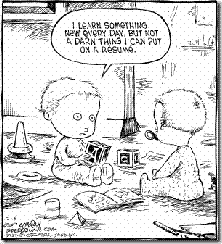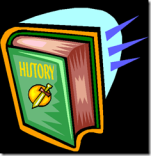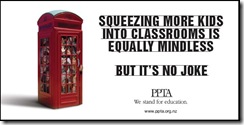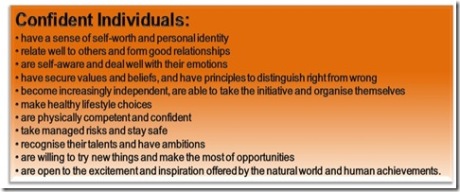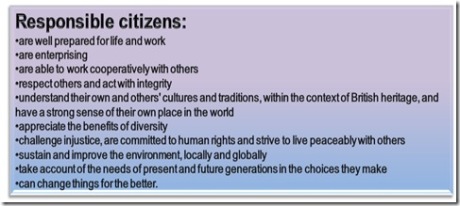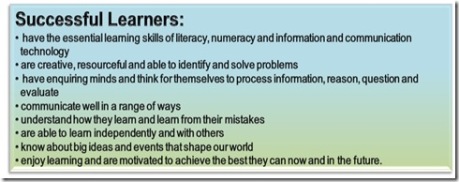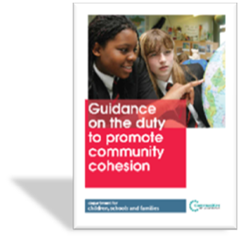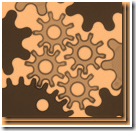Continuing the theme of assessment the next few posts are going to involve a trek around the QCA website to summarise the information and exemplification found there.
The QCA ‘Assessment and the Curriculum‘ page is a good starting point when considering how you will monitor the day to day progress of students as they traverse the brave new world of the new KS3 curriculum. The page contains useful links to:
Periodic Assessment: – Milestone monitoring of progress within a unit of work
Effective periodic assessment:
- is based on existing evidence drawn from classroom activity/lessons
- requires evidence from a wide range of contexts, for example observation of group work, class discussions, oral responses, class work, homework
- can be based on individual or group activities
- will be most effective where outcomes can feed directly into medium- and short-term planning
- requires a structured, consistent approach to the review of evidence
- depends upon good subject knowledge and a clear understanding of progression in key concepts and skills within the subject.
Periodic assessment has several benefits. It:
- does not require special assessment activities but involves taking the opportunities provided by planned teaching and learning
- has the potential both to offer a profile of pupils’ current achievement as well as formative outcomes (Where are these learners now? Where should their learning go next?)
- can be used to assess achievement across the whole curriculum
- reveals aspects of the curriculum that need to be strengthened
- supports evaluation of progress and the setting of appropriate learning targets at both individual and group level.
These bullets are taken straight from the QCA website. I would strongly urge all curriculum managers to pay close attention to what this type of assessment should and could be whilst subject leaders are busy considering their contribution to the new curriculum. Regular end of topic testing is not best practice! Creative and imaginative approaches to curriculum change won’t succeed if approaches to assessment are staid, outdated and have limited impact on learning.
Gathering Evidence for Periodic Assessment: – Outcome focused teaching leads to simplified monitoring
“No single item provides a complete picture, but a review of such a range of work leads to fairer, more complete judgements of learners’ strengths and weaknesses”
This link provides some exemplification of how we can capture the learning that has taken place in a particular pupil without waiting for the one-shot end of unit assessment. Ideas around visual (digital cameras), oral (recording quality of presentations and participation in discussions) and innovative methods of written assessment are outlined and some there are some helpful suggestions to try to evolve current classroom-based assessments away from the current model in terms of assessing pupils progress in working independently (without explicit scaffolding or structuring), making choices (eg. through open ended tasks), contributing to group work, etc
There is also some information about national key stage testing, but, as yet there is only a single paragraph of information. (Sorry!) I’m sure this will develop as the pilots start to bear fruit. More from the QCA assessment pages soon.
Filed under: assessment, curriculum, planning, plts, progression, qca, skills, Uncategorized | Tagged: assessment, curriculum, planning, plts, progression, qca, skills | Leave a comment »


